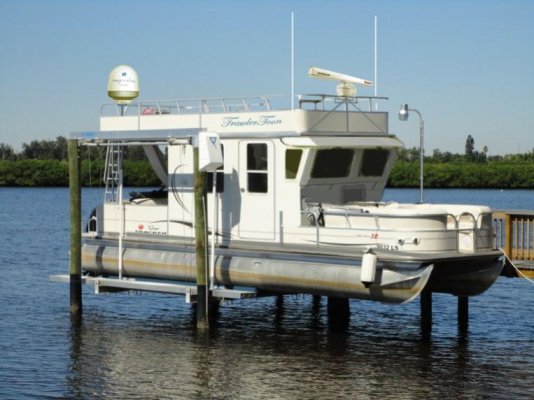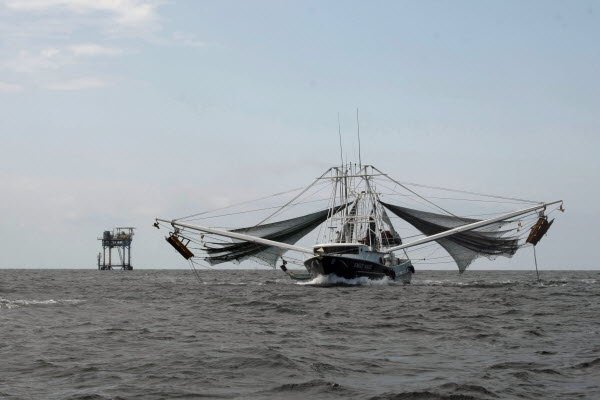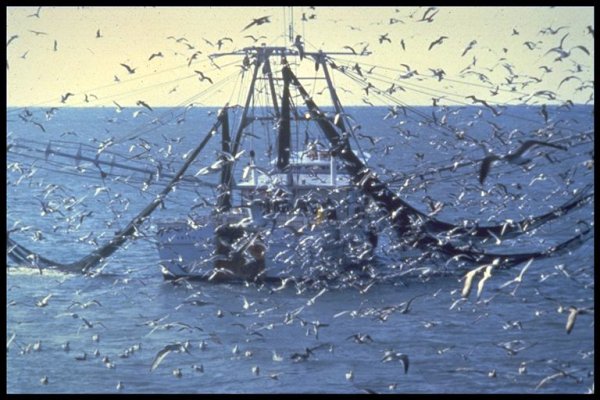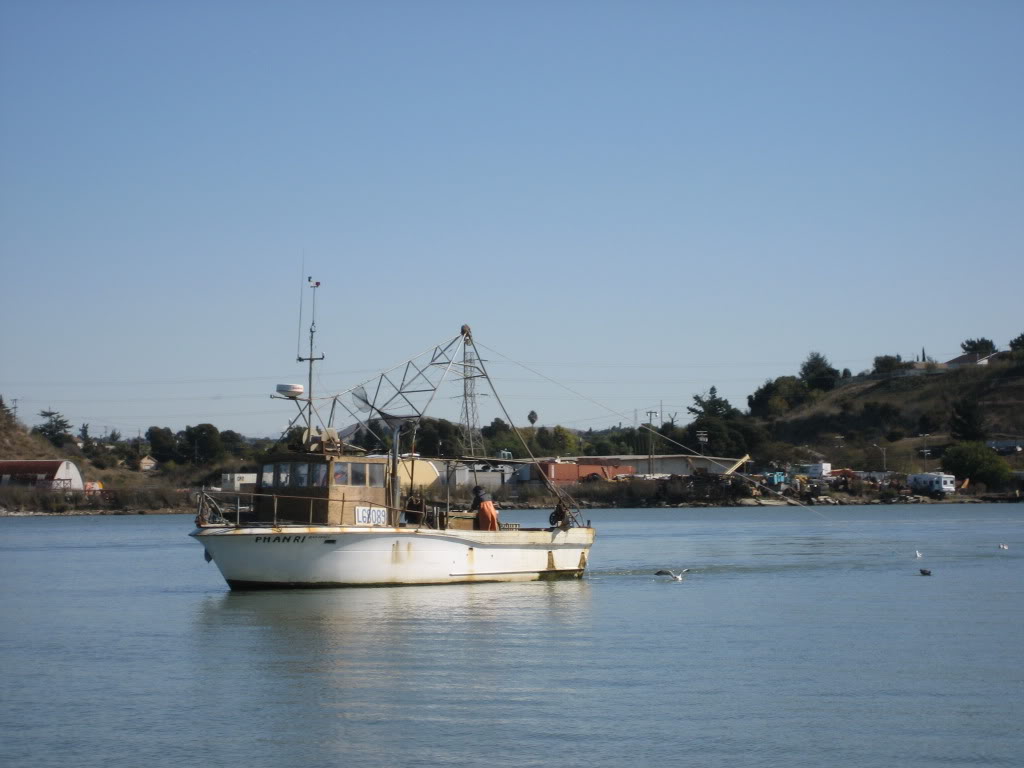Eric, I had thought someone on the thread would have asked you to discuss at greater length the subject of "Center of Gravity" as it relates to a bracket mounted OB system.

RustyBarge was refrencing high speed alumimum boats eventhough all sorts of hulls have been mentioned. The question of clarification is asked from the view of having been around, running and witnessing a mirade of various hulls outfitted with bracketed OBs. I have to be honest in saying I am not aware throughout those experences under all water conditions slow and fast, that the center of gravity was a concern or consideration.
I understand the gravity of CG in vessels where weight shifts or changes or design that challenges good secence. Cargo vessels, cruise ships and questionable construction. We all can tell or show examples.
For example, the boats that RustyBarge submitted and those of Tuff Boats do not reflect defects of design or actual utilization of bracketed OBs.
Looking forward to a discussion and it would seem fitting in this thread.
Cheers Eric

Al










